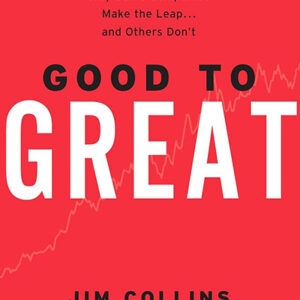The Lean Startup is a book by Eric Ries, published in 2011, that outlines a methodology for developing businesses and products efficiently through iterative experimentation and validated learning. It has become a cornerstone for modern startup culture and has influenced entrepreneurial practices worldwide.
- Minimum Viable Product (MVP): Ries introduces the concept of MVP, which is the version of a product with the minimum features required to satisfy early customers and gather feedback. By releasing MVPs quickly, startups can test hypotheses and iterate based on real-world data.
- Build-Measure-Learn Loop: The book emphasizes the importance of a continuous feedback loop, where startups build a product, measure its performance using metrics, and learn from the results. This iterative process allows for rapid experimentation and adaptation.
- Validated Learning: Ries advocates for validated learning, which involves testing assumptions and hypotheses through experiments to validate or invalidate them. This approach reduces risk and uncertainty by making data-driven decisions rather than relying on intuition or assumptions.
- Pivot or Persevere: The Lean Startup encourages startups to be flexible and open to pivoting, which involves changing direction based on feedback and learning. By quickly identifying and addressing flaws in the business model, startups can increase their chances of success.
- Continuous Innovation: Ries promotes a culture of continuous innovation and improvement, where startups constantly iterate on their products and processes to stay competitive and meet the evolving needs of customers.
Purchasing this book is valuable because:
- Practical Guidance: The Lean Startup provides practical guidance and actionable strategies for entrepreneurs and startup founders looking to build successful businesses.
- Risk Reduction: By adopting the lean startup methodology, startups can reduce the risk of failure by testing assumptions early and iterating based on feedback.
- Efficient Resource Allocation: The book offers insights into how startups can use resources more efficiently by focusing on what truly matters to customers and eliminating waste.
- Adaptability: The Lean Startup teaches startups how to adapt quickly to changing market conditions and customer feedback, increasing their chances of survival and success in a rapidly evolving business landscape.
The outcome of reading this book includes:
- Increased Success Rate: Startups that implement the lean startup methodology are more likely to succeed by minimizing waste and focusing on delivering value to customers.
- Faster Time to Market: By prioritizing speed and agility, startups can bring products to market more quickly and iterate based on real-world feedback, gaining a competitive advantage.
- Continuous Innovation: The lean startup methodology encourages a culture of innovation and experimentation, fostering creativity and driving long-term growth and sustainability.





Reviews
There are no reviews yet.